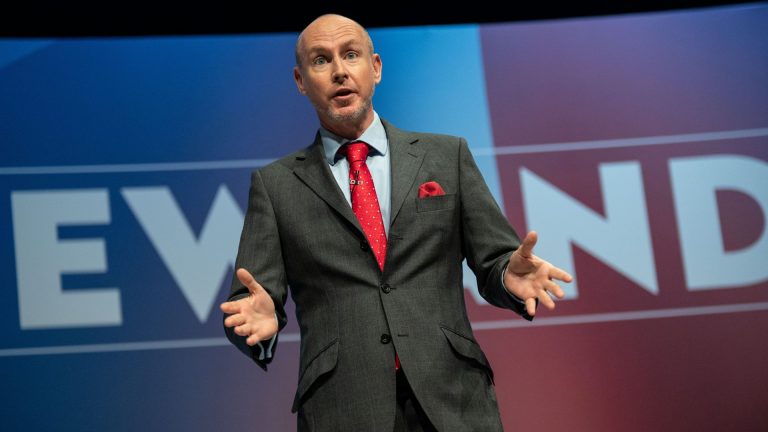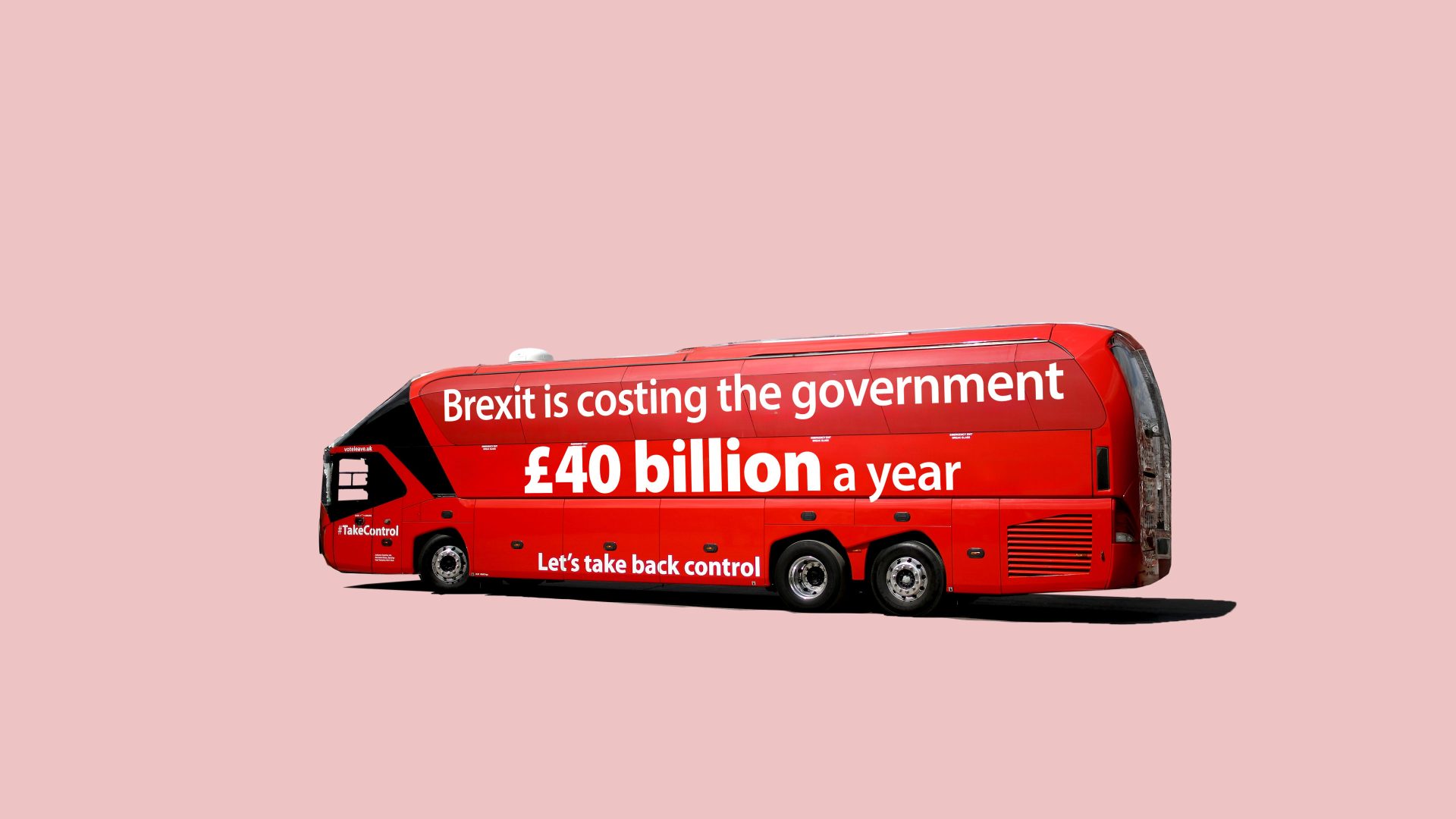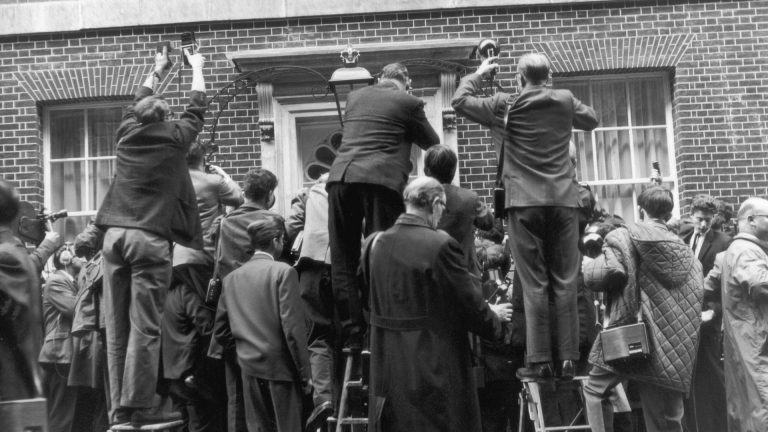Not many economic papers start with a quote from Back To The Future’s Doc Brown, about alternative realities that have sprung into existence because of disruptions to the space/time continuum. But the latest work by John Springford, released in time for the ninth anniversary of the Brexit referendum, does, and for good reason.
Springford is one of the foremost experts on the cost of Brexit. In The Economic Impact Of Brexit, Nine Years On: Was The Consensus Right?, he writes: “Unlike Marty McFly and Emmett Brown we can’t visit the alternate timeline in which the British public chose Remain over Leave. So we have to rely on inference, using surveys, interviews, statistics and models to perceive the impact of leaving the EU on the economy.”
Springford is saying, correctly, that the best way to analyse the damage Brexit has inflicted is to measure the state of the economy now against an alternative reality that represents what it would be like if we had stayed in – the so-called “doppelganger method”. Having done so, he comes to the conclusion that with exceptions for the hype and hubris of George Osborne, the expert warnings nine years ago were broadly accurate.
Springford has worked hard to remove the effects on the economy of Covid, changes in immigration and other factors. His conclusions, in a paper written for the Constitution Society and the Federal Trust, – show that Brexit has so far cost the UK 4% of its GDP, or national wealth.
That is in line with the judgement of the Office for Budget Responsibility, the independent government department that advises the Treasury. It means that Brexit has cost every person in the country £4,000 a year and the government £40 billion a year in taxes.
Just imagine what you would do with an extra £4,000 pa. And what Rachel Reeves could do with another £40 billion a year.
The reasons for those huge losses are easy enough to explain. Since leaving the EU our trade is much worse, investment much lower and therefore productivity and growth lower than they should have been. Manufacturing, including car production, has done particularly badly – manufacturing exports are 15% lower than they should be.
Suggested Reading


No, the Brexit reset won’t kill smoky bacon crisps
Finance and transport have also underperformed, which means even a services sector that has done well could have grown by another 11% inside the EU. Again, this is much as predicted.
It is difficult reading at a time when Michael Gove’s ex-wife Sarah Vine, the Daily Mail columnist, makes it clear in her autobiography that the whole Brexit balls-up being caused by little more than the pathetic schoolboy rivalry between a group of arrogant, incompetent posh snobs and their socially inadequate wannabe mates.
Meanwhile, the usual suspects, who took advantage of that playground behaviour to win the referendum, are still claiming that 10% tariffs on everything we export to America is a Brexit triumph, Gibraltar has been betrayed, and smoky bacon crisps are a symbol of treason.
On the ninth anniversary of the vote that made Britain poorer, Nigel Farage tried to distract attention from his leading role in this national disaster by unveiled a daft new policy about letting non-doms off their taxes, Like Brexit, it quickly exploded on contact with reality and like Brexit it will make Britain much poorer (by £34 billion in this case). Another winner from Nigel.
Suggested Reading


Daniel Hannan’s Brexit predictions have not aged well
If anyone is still hoping Brexit “freedoms” can come to our rescue, Springford has more bad news. All the trade deals we have negotiated since Brexit have made virtually no difference, many of them being just the rollover of existing EU deals. The new ones will be outweighed by the EU reset negotiated by Sir Keir Starmer’s government. Aligning regulations makes economic sense, regulatory divergence was always a non-starter.
And so, what does the future hold? Well, more of the same unless we do something to alter the space/time continuum, Springford’s paper concludes that “future British governments can only significantly offset those losses, or eliminate them, through reintegration with the European economy.”
Sorry, Marty, it really is that simple. We have to go back to the future (in this case, the EU or at least its single market) if the damage is to be undone. If only this was Hollywood and we could hop in the DeLorean and travel back nine years to change things for the better.












